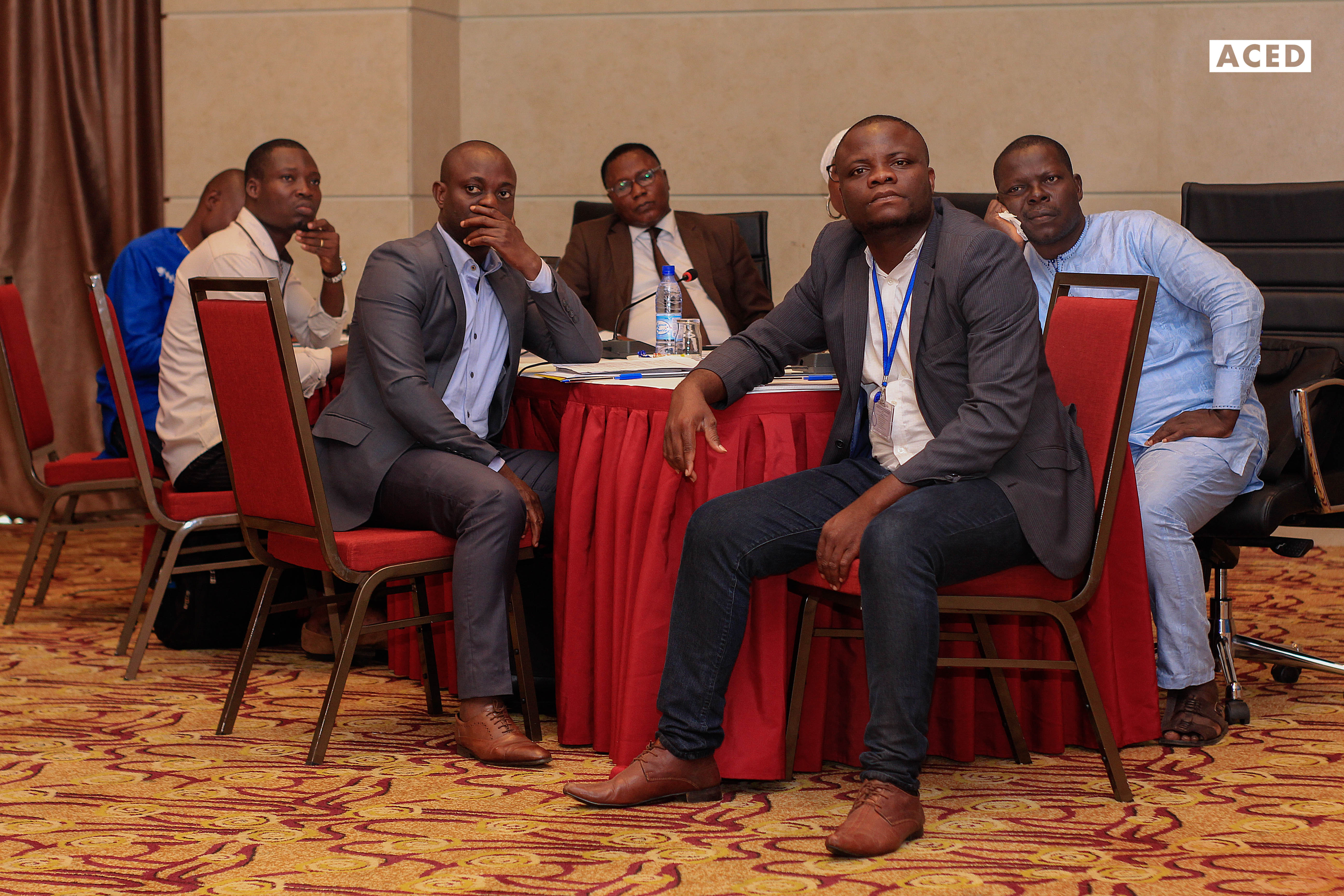
Policymakers, experts (researchers, key informants) and implementers (NGOs, private sector, development partners, etc.) are essential actors in the evidence use ecosystem. However, implementers, especially NGOs, appear as fundamental actors to work with for a large impact on improving evidence use for better decisions and better lives. First, as implementers, NGOs design and implement many interventions that directly affect the population’s livelihoods. As they work in constrained environments (low resources, urgency), they need to use evidence to identify/formulate and implement cost-effective options for better and sustainable impact. Second, as advocates, they influence policymakers’ decisions and may facilitate or hinder the uptake of evidence. Lastly, they appear as “unsuspected” evidence producers, generating various information from their interventions and practices. Unfortunately, this strategic positioning of NGOs is still overlooked, with attention and efforts focused on policymakers and researchers. To take advantage of the abovementioned potential of NGOs, ACED and 3ie are implementing an initiative aiming to reinforce the capacities of NGOs in West Africa, focusing in a pilot phase on those active in food and nutrition security in West Africa.
Before any investment, it is worth underlining the current state of capacities and needs of NGOs to effectively use and facilitate the uptake of evidence. So, the question was: what capacities need to be reinforced?
In the second quarter of 2021, we conducted a regional survey on a thousand NGOs, investigating their culture and capacity to assess, understand, and use evidence to inform food and nutrition security interventions. As a result, we identified three domains wherein NGOs’ capacities should be primarily reinforced, including:
− Familiarizing with the concept of evidence. The concept of evidence is complex and is still being operationalizing. Most NGOs have general ideas about the concept and its usefulness and do not know much about what should be considered as “evidence”. In practice, NGOs need to know the types of evidence (research results, statistics/metrics, evaluation results, expert’s knowledge and opinion, etc.), the processes they come through (academic, practical or social), and more importantly, the quality associated to each type of evidence. They should be able to appreciate what types of evidence they have at hand and how much they could rely on.
− Sourcing the available evidence. NGOs have limited knowledge of the existing sources of evidence (online libraries, evidence portals, platforms, databases, helpdesk, experts, etc.) and how to access them. In practice, NGOs need to be informed and trained on existing sources, their functioning and access conditions. Beyond these ‘soft’ needs, some NGOs need more basic support in terms of hardware (e.g., computers, internet devices).
− Identifying opportunities and using evidence. NGOs have no clear ideas on when and for what evidence should be used. In practice, they need to be trained to identify concrete opportunities – through their interventions – for using evidence. They also need capacity building on determining which types and sources of evidence are most suitable for each type of opportunity.
This state of capacities and needs is being used to inform the development of a self-paced e learning course on assessing, understanding, and using evidence to improve food and nutrition security interventions. The course will first be available in French in a pilot phase, then in English in a scaling-up phase.
The views expressed in published blog posts, as well as any errors or omissions, are the sole responsibility of the author/s and do not represent the views of the Africa Evidence Network, its secretariat, advisory or reference groups, or its funders; nor does it imply endorsement by the afore-mentioned parties.